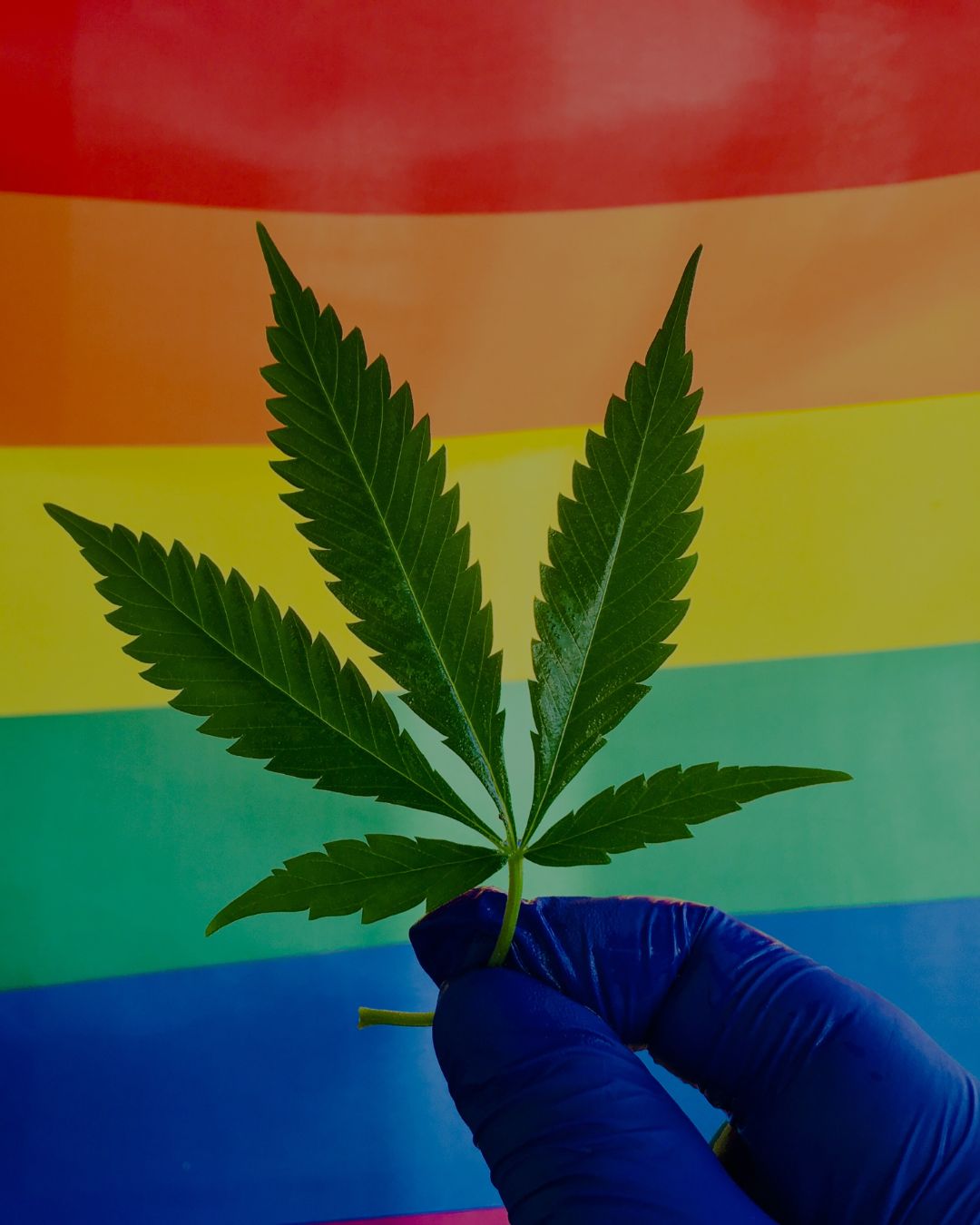5 Pro-Cannabis Activists You Need to Know
It’s time to celebrate Pride and Progress! Since early activism, cannabis has been vital in the LGBTQIA community, offering relief and support during the AIDS crisis. Get to know more about the pro-cannabis activists that helped pioneer today’s industry.
In the 1980s-90s, activists like Dennis Peron and Mary Jane Rathbun championed the use of cannabis for AIDS patients. Ultimately leading to the passage of Proposition 215 in 1996—the first law allowing medical marijuana in California.
This month, we honor their legacy and the ongoing fight for acceptance and equality.
Breaking Ground: Dennis Peron’s Crusade for Medical Marijuana
Dennis Peron was a force to be reckoned with in the fight for cannabis legalization. Especially as it pertains to medical marijuana. A gay man who witnessed the ravaging effects of AIDS on his community, Peron spearheaded efforts to get medical marijuana recognized as a compassionate means to alleviate suffering. His activism led to the passage of Proposition 215 in California, making it the first state to legalize medical cannabis. A monumental step in the national conversation on marijuana policy reform.
Peron’s legacy extends beyond legislation. He co-founded the San Francisco Cannabis Buyers Club, the first public marijuana dispensary in the United States. Which provided a safe haven for patients to obtain cannabis long before it became a legal commodity. His unwavering dedication to the cause has made him an iconic figure in both LGBTQ and cannabis rights history.
Mary J Rathbun: The Compassionate Rebellion of Brownie Mary
Known affectionately as ‘Brownie Mary,’ Mary Jane Rathbun became a symbol of insurgent compassion in the cannabis movement. She gained notoriety in the 1980s and 90s for baking and distributing cannabis-infused brownies to AIDS patients in San Francisco. She defied the law to provide relief to those in agony. Her motherly demeanor and staunch activism drew public attention to the medicinal potential of cannabis and the plight of the people suffering during the AIDS epidemic.
Mary’s acts of civil disobedience and her subsequent arrests highlighted the need for change in drug policy. Along with the importance of cannabis as a palliative aid. Her partnership with Dennis Peron helped lay the groundwork for the medical marijuana movement, showing the world the human side of the cannabis debate.
Kiyoshi Kuromiya: Fighting for Rights at the Intersection of AIDS and Cannabis Activism
A tireless advocate for civil rights and health care, Kiyoshi Kuromiya’s story is one of resilience and advocacy. As an openly gay man and a person living with AIDS, he recognized the therapeutic benefits of cannabis and became a vocal proponent for its legalization. Following the 1969 Stonewall Riots in New York City, Kuromiya co-founded the Gay Liberation Front with Basil O’Brien. Kuromiya was also a founding member of the ACT UP Philadelphia chapter, a group dedicated to ending the AIDS crisis. He utilized his voice to bring attention to the intersection of AIDS activism and the fight for cannabis legalization. Kuromiya passionately empowered people with HIV information through the Critical Path newsletter and website. His site extended support via free internet access and a 24-hour hotline in Philadelphia.
As the lead plaintiff of a class-action lawsuit against the federal government’s prohibition of medical marijuana—Kiyoshi Kuromiya v. The United States of America. He argued marijuana provided relief against the side effects of early HIV medications and, for some people, was more effective treatment than existing medication. Kuromiya’s contributions have been vital in shaping the narrative around health, human rights, and cannabis policy.
Wendy Chapkis: Academic Insights into Cannabis Culture and Policy Reform
Wendy Chapkis is a sociologist and professor whose scholarly work has shed light on the nuances of cannabis culture and the complexities of marijuana policy. Her research and writings explore the gendered aspects of drug policy and the intersection of cannabis activism with LGBTQ rights. Chapkis’s book ‘Dying to Get High: Marijuana as Medicine’ co-authored with Richard J. Webb, explores the social implications of marijuana use and the medical marijuana movement.
Her academic perspective brings a critical eye to the discussion, challenging preconceived notions and advocating for policy reform based on evidence and social justice. Chapkis’s contributions to the discourse on cannabis have been instrumental in framing the legalization debate in terms of human rights and public health.
Paul Scott: Advocacy, Equity, and the Path Forward in Cannabis Legalization
Paul Scott’s activism is rooted in the pursuit of equity within the cannabis industry. As an HIV survivor and a black gay man, Scott has experienced firsthand the intersectional challenges faced by marginalized communities. He founded the Los Angeles Black Gay Pride Association, and was also there at the start of the medical cannabis movement in San Francisco. Paul Scott was a board member of one of the first medical cannabis dispensaries to open after the Cannabis Buyers Club was shut down: the Oakland Cannabis Buyers Club.
He embeds his cannabis work in social justice, stressing the need to tackle marijuana law disparities. As well as the importance of inclusivity in the burgeoning legal cannabis market.
Through his work, Scott advocates for policies that not only legalize cannabis but also ensure that the economic benefits of legalization are accessible to those who have been disproportionately impacted by the war on drugs. His vision for the future of cannabis is one where legal frameworks support community development and rectify historical injustices.
There is no doubt without the work of these five pro-cannabis activists the industry wouldn’t be where it is today. To learn more about the history of cannabis, and the industry in general, enroll in one of our online courses today!

